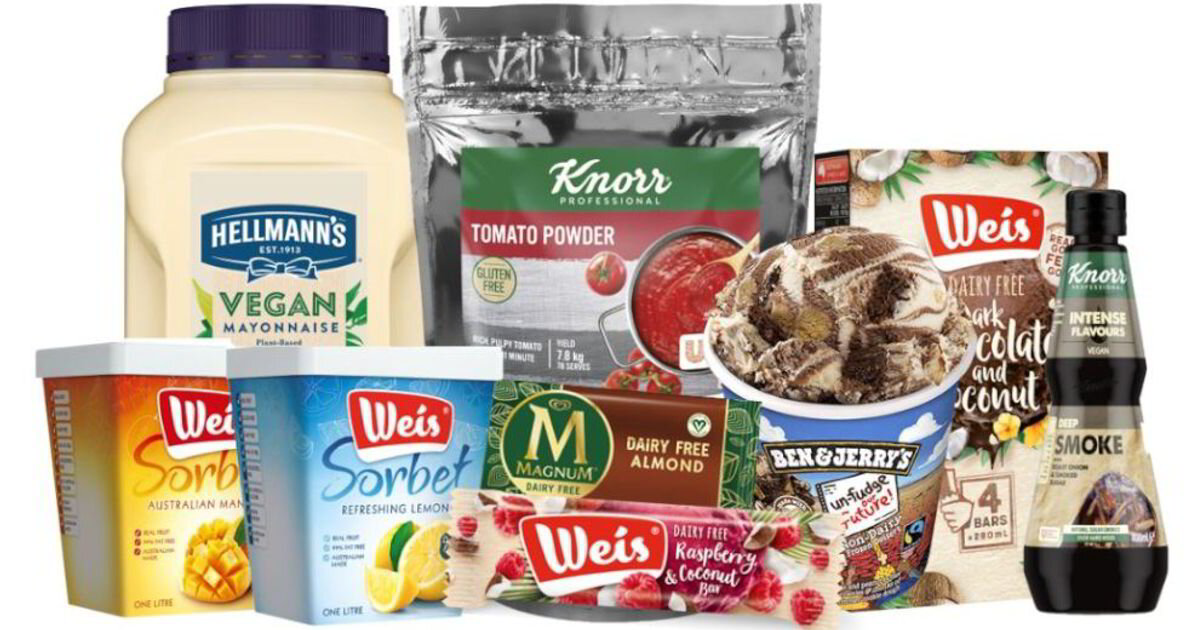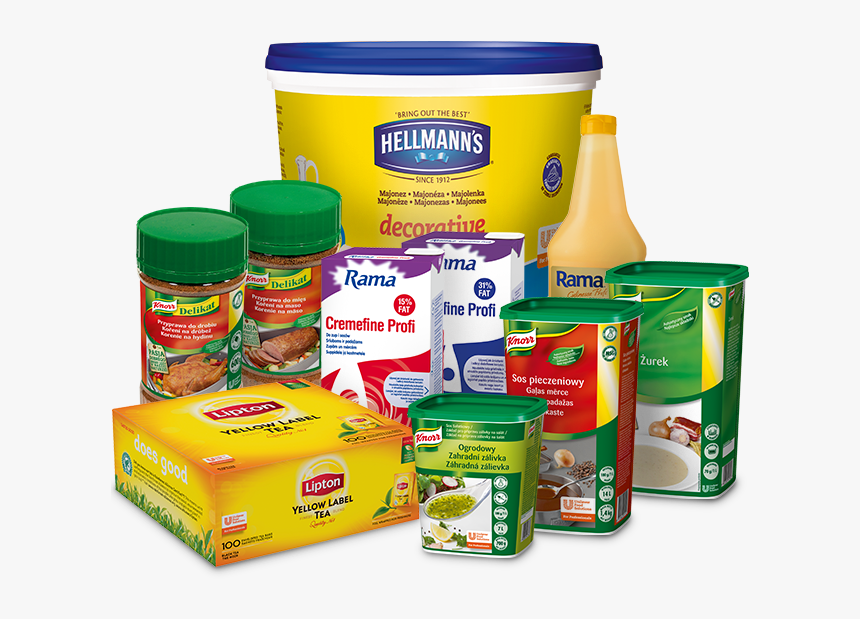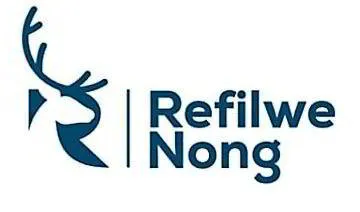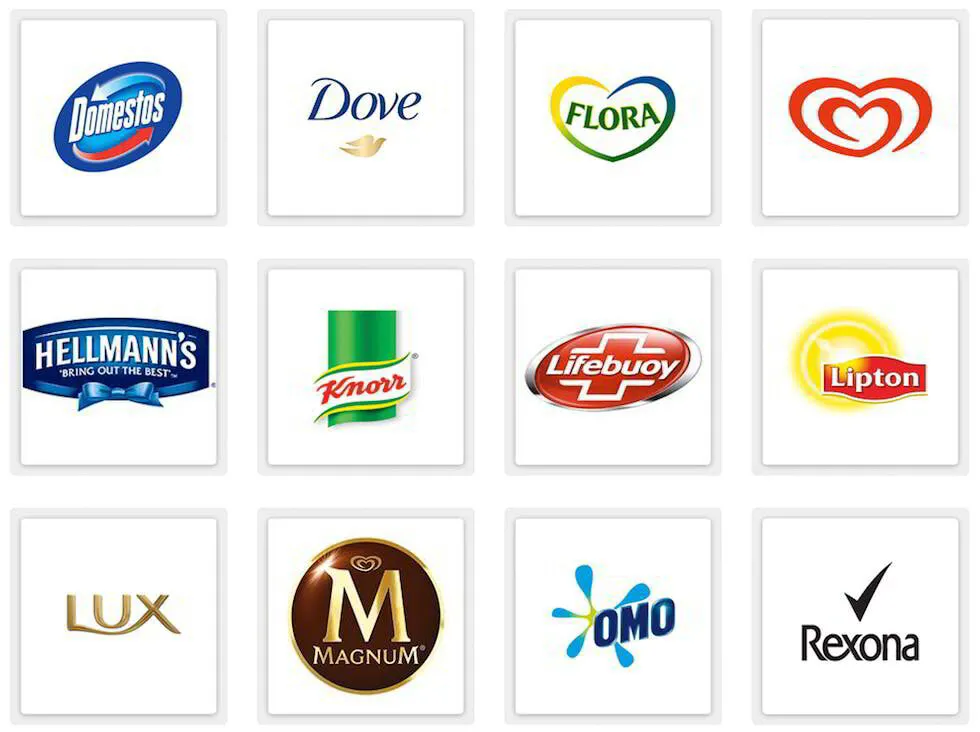Brand Portfolio is the set of all brands in an Organization. Having many different brands under one organization demands a lot both financially and in terms of management. A well managed portfolio equals high profits for an organization but a poorly managed portfolio spells danger and could result in huge losses. One of the main challenges in managing a brand portfolio is being able to determine appropriate roles for each individual brand. A sound strategy is needed to manage a brand portfolio. Lets take a moment to marvel at a brand that is doing well in managing its portfolio.

image source (www.pngitem.com)
Unilever is a corporate multinational brand in London. The brand has a number of product brands in different market categories and has over 400 brand names in more than 190 countries (www.unilever.com). The brand is well known for their commitment to sustainable growth and this is seen on their tagline which reads "We are making sustainable living commonplace."
Brand Reputation
Unilever is a trusted brand all over the world with an estimated product usage of over 3.4 billion people everyday. Their enormous portfolio is build on solid ground and the brand has emerged as a trusted brand that produces everyday products to solve our everyday problems. People who use at least one product under the brand are more likely to use the rest of the products because the brand continues to deliver on its brand promise of ensuring sustainability in the way their products are made.
Portfolio Management
Having many product brands under one corporate brand is no easy task. It requires commitment and an understanding of good management practices. The Unilever brand manages its portfolio well because they have;
1) Defined Roles
The brand has set and defined roles for each of their individual product brands. Unilever does not enter a market without having an understanding of their role in that market. This is clearly underlined on their website which reads "Our brands will be built on advanced science and will grow by delivering functionally superior products, as well as taking action on social and environmental issues that our consumers care about. They will improve the health of the planet, improve people’s health and wellbeing, and contribute to a fairer, more socially inclusive world." (www.unilever.com/our-company/strategy/)
2) Maintaining a Holistic viewpoint
A great strategy is needed to managing a portfolio and Unilever has a vision centric strategy that is entirely based on Sustainability. Each product they develop needs to communicate to this and this allows the brand to easily rationalize portfolio when a product no longer qualifies. With so many products, it is easy to lose track of the main goal, but having a vision that inspires change makes it easier to manage such a large portfolio.
3) Artificial Intelligence Use
Unilever has products in over 190 countries and to better manage these, the brand has adopted the use of Ai technology that best determines if a brand should continue being on the shelves at any given point, backed up by data and how well the product aligns with the main vision of being sustainable. "Using cutting-edge, data-driven technology, we can optimize our on-shelf presence, both in physical stores and digital commerce, ensuring that we provide our consumers with the products they want, in the formats they want, through the channels they use – as efficiently and effectively as possible" (www.unilever.com/news/news-search/2022/using-ai-to-optimise-our-portfolio-and-fuel-growth/)

image source (www.unilever.au)
3) A well defined Portfolio Structure
The Unilever brand has a defined structure of operation. They have categorized their product brands under "Foods and Refreshments, Home Care, and Beauty & Personal Care." (Unilever -https://en.wikipedia.org). By categorizing their product brands, they make it easier to know the markets they operate under and this allows them to make informed decisions.
The brand has the customers in mind at all times. Their products are sustainably produced, their website is transparent and offers more than enough information about what the brand stands for, it's approach, ingredients on products and strategy. "We are pursuing a circular economy approach – one in which resources are kept in use in a closed-loop system, rather than thrown away – across every aspect of our business. This will help us cut our dependence on new raw materials, and use previously wasted materials." (www.unilever.com/planet-and-society/waste-free-world/strategy-and-goals/) The brand's contribution to society and the environment gives it a good reputation with its customers.
Unilever is doing a great job already in managing its reputation. A good measure of reputation is built upon how well customers perceive the brand, in the way it treats its employees, its financial track record, the benefits and quality of its products as well as its contribution to the society and environment. Unilever is doing really well in producing great quality products and its contribution towards society and the environment. The brand employs many people in different parts of the world and can be considered a good employer. The only best thing the brand can do to manage its reputation is to continue doing what it is doing and to ensure it is always a step ahead in building a positive consumer perception. A positive perception equals a good reputation.


